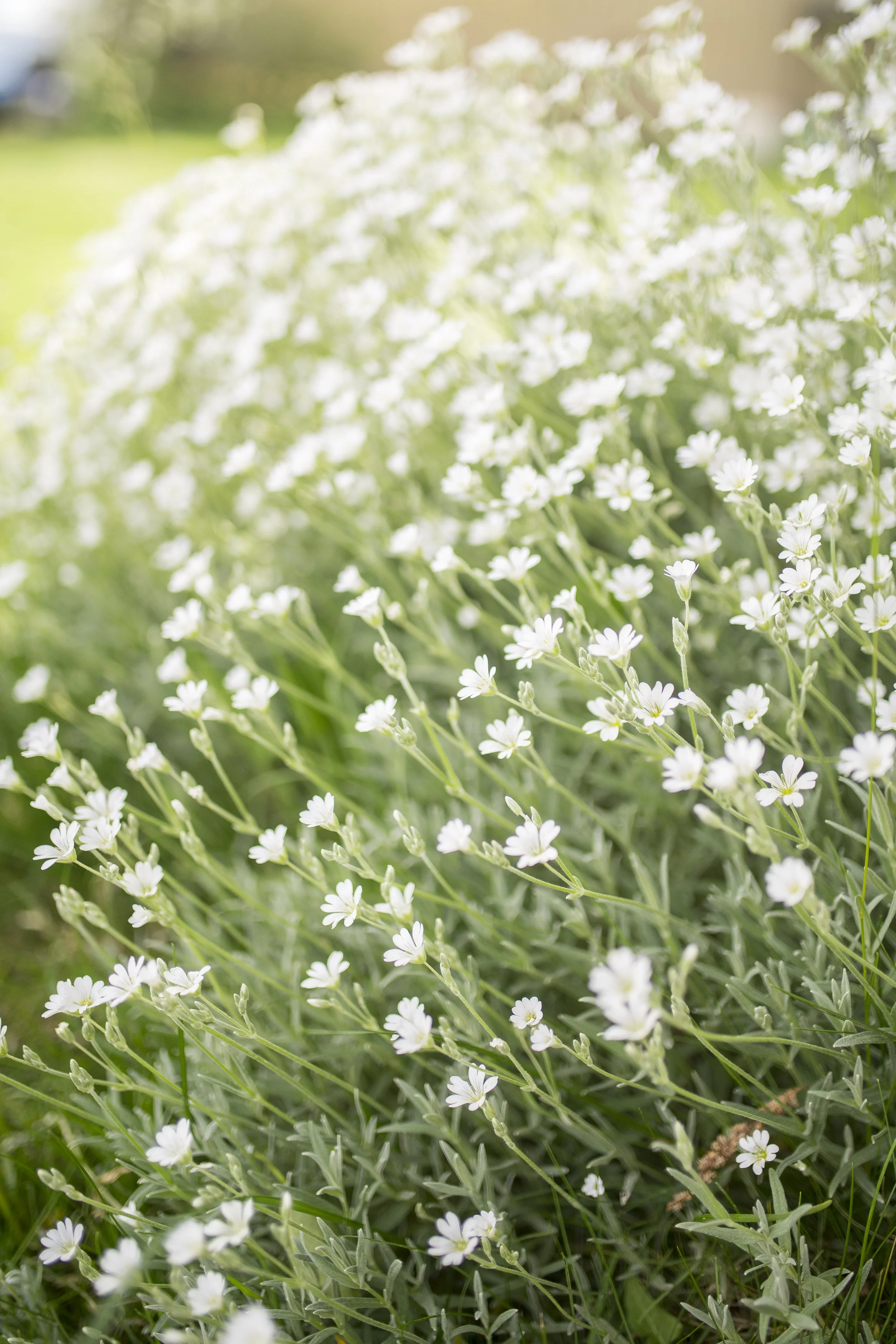I probably say to myself at least once a day, “I can’t do this.” And I truly was not built for it. I’m extremely auditory-sensitive and my children are both very loud. Clara barely stops talking to take a breath from sunup to sundown, and Jane communicates each of her feelings in a different pitch of yell or shriek. My nervous system gets a workout every single day.
They don’t know it, but it’s through my two daughters that I have also found sanctuary for my soul—internal, quiet, rest.
How? Because they have shown me who God is.
All the years that I spent reading and studying the Scriptures before I had children were good and edifying, but all that propositional knowledge merely laid the foundation for finally experiencing what is true. In parenthood, I get the palest glimpse into the reality of God as a father who lavishes love on His children and a mother who gathers her chicks under her wings. The Gospel is no longer a one-dimensional story about how I can “get out of hell free”—it’s the good news of victory, that the Creator of heaven and earth has resoundingly defeated sin and death so that both realms can be united again as His kingdom and I can be part of it, because—what is this miracle?!—He wants me there.
I have met God the Rescuer, and He is good.
I have met God the Redeemer, and He is good.
I have met God the Nurturer, and He is good.
I have met the King, and to my amazement, He’s not a control freak. He’s not obsessed with punishment, retribution, or how my behavior reflects on Him. He is the Prince of Peace, gentle and lowly. He delights in me and the thoughts and reflections I share with Him the same way I delight in everything Clara and Jane are learning and doing each day.
Sometimes I think we get so lost in theology and terminology that we forget to look for God Himself, and hesitate to let Him be God when He colors outside our preconceived lines.
I understand it—the fear of being flippant with the truth, or defining who God is based on the narrow parameters of how we feel or what we experience. Those things can never give us a complete picture. But what can? Do we expect that any of us will find our picture of God to be perfectly accurate when we meet Him face to face, regardless of whether we know the “right” theology, soteriology, eschatology, or other -ology?
My hope for that day is that I’ll have more than a picture; I’ll have a relationship.
A picture might give me some facts so I can recognize Him when I see Him, but the relationship is what I can take deeper and deeper into eternity. The relationship is what transforms me into His likeness. The relationship is where everything I know to be true about Him actually becomes true in my life.
It wouldn’t do my children much good to be raised by a portrait of me. To know my philosophy on parenting or my stance on discipline or even a disembodied fact about how much I love them.
None of it matters unless they get to live in the reality of it, a living and breathing and dynamic two-way relationship.
The Bible depicts God’s connection with His children as that of a breastfeeding mother with her baby, and there are few relationships as real, experiential, and vital as the mother-baby dyad. Facts and depictions can’t feed, comfort, hold, warm, support, love, and sustain a life. The baby deprived of any of those experiences, let alone all, would fail to thrive.
Human experience doesn’t live on the pages of books or the lines of doctrine. And God doesn’t fit there, either.
I am reminded of the words of James that used to make me feel so uncomfortable:
But someone will say, “You have faith, and I have works.” Show me your faith without works, and I will show you faith from my works. You believe that God is one; you do well. The demons also believe—and they shudder.
James 2:18-19
Rather than contradicting salvation by grace, as my younger self often worried, these words underscore my point: Knowing a certain set of facts is not evidence of faith. I’d argue that most of the underworld knows a lot more information, and more accurately, about God than any human on earth. It doesn’t make them His disciples.
Facts and information don’t create disciples any more than they raise babies.
A friend of mine went through a multi-year health crisis which impacted her so much that she couldn’t do anything, including go to church or read her Bible or spend time with other believers. For several years she passed her days mostly alone in her room, with little more stimulation than the view of tree branches from her window.
But the Holy Spirit communed with her there.
Her story has led me to reflect on the substance of my own walk: I love the Scriptures deeply, but suppose all my Bibles and Bible study resources were suddenly no longer available to me?
In relationship with the Triune God, the Word-Made-Flesh would still dwell with me. God would still be Father to me. The Holy Spirit would still animate me.
All the -ologies in the world can’t compare with that.
“And the Father who sent me has given evidence about Me. You’ve never heard His voice; you’ve never seen His form. What’s more, you haven’t got His Word abiding in you, because you don’t believe in the one He sent.
“You study the Bible,” Jesus continued, “because you suppose that you’ll discover the life of God’s coming age in it. In fact, it’s the Bible which gives evidence about Me! But you won’t come to Me so that you can have life.”
John 5:37-40, The Kingdom New Testament






